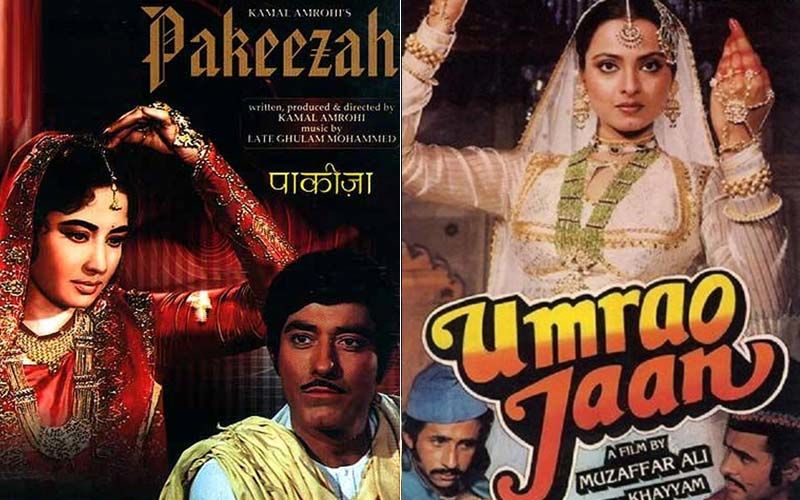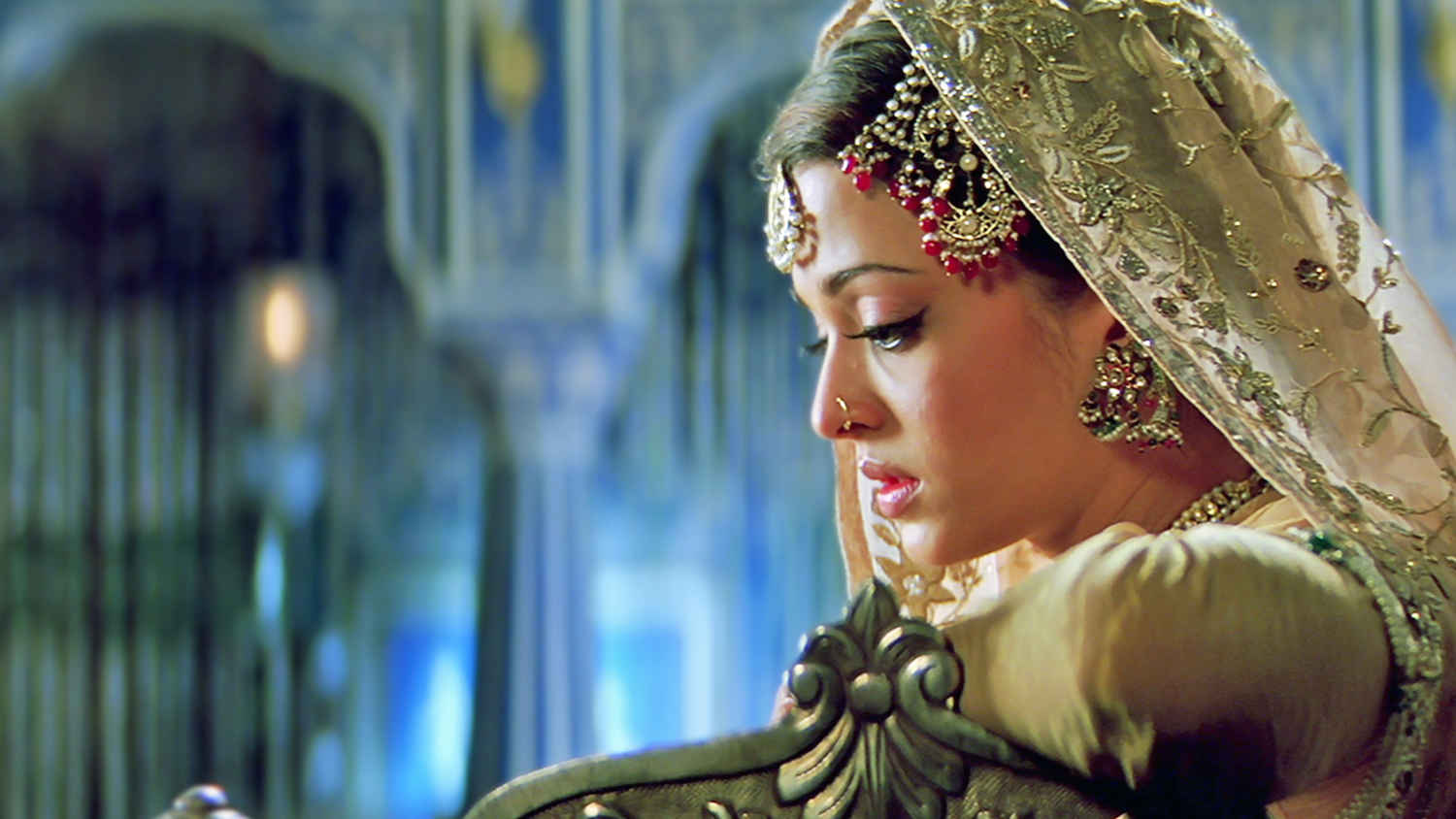

But for someone who does not appreciate Urdu it can be quite a torture. I did not get bored because I was carefully listening, analyzing and appreciating the language of the film. The film is so long that by the time the film ends, it seems that you've been sitting at the theatre for ages. But here, there is no poetry to appreciate, there's no delicacy of zabaan to relish, and there's really nothing consequential going on. I wouldn't mind even a 15 minute scene where Umrao and Nawab might just exchange poetry or converse in high-flown Urdu. When Nawab Sultan returns to the kotha in a drunken state, his scene with Umrao takes boredom to new heights. Some of the sequences are so long drawn out that one loses interest after a while.

However, I think J.P Dutta got carried away and completely forgot that a slow film need not be boring. That calls for some patience on the part of the audiences who are used to instant gratification. The narration of Umrao's story demands a bit of 'thehrav', a relaxed unfolding of events. Nawab Sultan dons a Pathani look, Faiz Ali is more Afghani, and despite J.P Dutta's best effort, the Rajasthani element ends up making brief, yet damaging appearances in the art decoration. While the film is a visual delight, the objective of recreating 19th century Lucknow is not achieved. The sets are opulent, the costumes and jewellery exquisite.

Next, the production values of the film are quite good. And even chaste Hindi words like 'Maan-Maryada' creep into the dialogue at times. And at many places the 'Lakhnawi' flavour of the language is missing. The problem is that except a few Shabana Azmi and Aishwarya Rai who has evidently worked hard on her diction no other actor can carry it off. It's a pleasure to hear the main characters of Umrao Jaan mouth dialogue in chaste Urdu. It takes courage to do an Urdu film, in an age where Hinglish is fast becoming the linguafranca of people. First and foremost, I appreciate Dutta's good intentions of exposing today's generation to the beauty of Urdu Zabaan and Lakhnawi Tehzeeb.


 0 kommentar(er)
0 kommentar(er)
